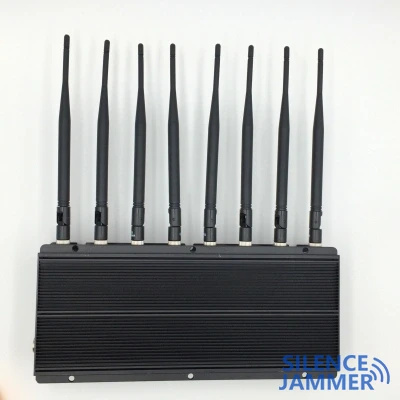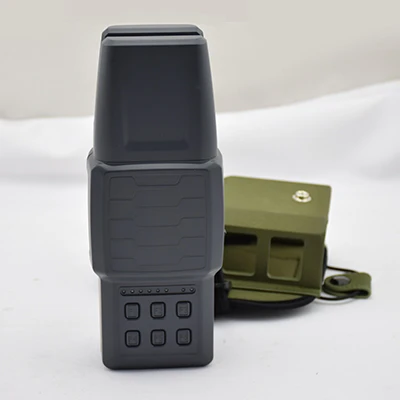According to the latest expert research, thousands of people on UK roads are using a "GPS signal jammer" that plugs into the cigarette lighter of their cars. This device can block tracking systems used to monitor stolen vehicles and record vehicle usage, and even affect taxi drivers who work long hours. The widespread use of this device raises safety concerns because fatigued truck drivers are still on the road despite monitoring measures, which may cause accidents.
Current status and risks of device use
These GPS jammer devices can form a signal shielding bubble of about 500 meters around the owner of the car, thereby interfering with any GPS receiver or transmitter. According to Professor Charles Curry, this device can not only block any tracking system that may be installed on the car, but also may affect GPS-related communications, including GSM (mobile communication) signals. "This makes it almost impossible for someone trying to track the vehicle to locate its location, just like the vehicle is parked in an underground car park," Curry added.
Despite the obvious risks of using these devices, especially near airports that rely on GPS navigation, there is no legal prohibition on buying, selling or owning them. Under the Wireless Telegraph Act, it is only an offence if the devices are used deliberately to block GPS signals. Communications regulator Ofcom is also working to address the issue and close loopholes in existing laws.
Impact on traffic management
- The prevalence of these GPS signal jammer devices could cause serious interference with upcoming pay-per-mile insurance or road pricing systems. Experts say that if car owners can easily block communications with monitoring systems, then the implementation of relevant policies will face huge challenges. Professor Charles Curry and Bob Cockshott of the ICT Knowledge Transfer Network pointed out that the use of GPS blocker jammers is not only due to drivers wanting to evade monitoring, in fact, their impact may be so wide-ranging that it affects nearby driving safety and aviation navigation systems.
- According to the research, when engineers monitored traffic on dual carriageways in suburban London, they found that some roads had up to 10 signal jammers a day. This suggests that there may be thousands of users across the UK taking advantage of these devices, especially among truck drivers and taxi drivers, who often hope to make more money by blocking monitoring.
Expanding safety risks
Professor Curry and Cockshott warn that the risks of using GPS jammer devices are not limited to financial losses, but more seriously, they may pose a threat to public safety. These devices can affect GPS reception signals for nearby drivers and may even affect aircraft navigation systems. In some cases, users have also mentioned in online reviews of the devices that their GPS functions have completely stopped working when the jammer blockers are turned on.

Although these devices are somewhat insignificant compared to the Russian-made jammers deployed by North Korea, the risks they pose cannot be ignored. North Korea's signal jammers can affect GPS signals 100 kilometers away and once interfered with major airports in South Korea in May 2012. Although the coverage of GPS signal jammer blockers in the UK is limited, their frequent use has caused widespread safety concerns.
Overall, the widespread use of GPS signal jammers not only challenges the existing legal framework, but also brings new risks to public safety. As technology develops, regulators need to be more proactive in responding to this issue to ensure that road safety and public interests are not threatened.




